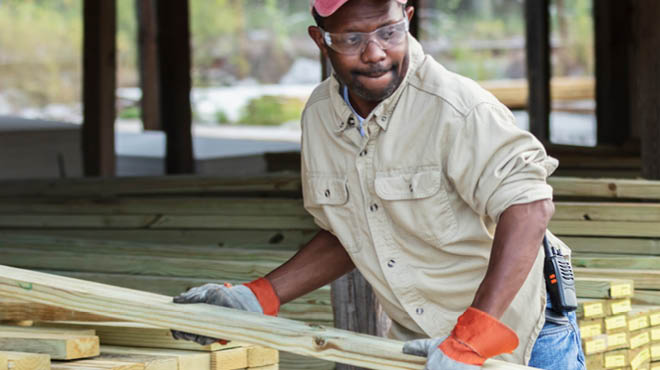Recent Posts
Young man's disease: Testicular cancer

The risk of many types of cancer increases with age. Prostate, skin, breast and lung cancers are more common among older people. However, testicular cancer is considered a "young man's disease" because people under 45 are at the greatest risk.
Testicular cancer is the abnormal growth of cells in the testicles, which are located in the loose bag of skin underneath the penis. The testicles make sperm and the hormone testosterone.
There is good and bad news about testicular cancer. The good news is that it's not a common cancer. Fewer than 10,000 new cases are diagnosed in the U.S. each year. It's also highly curable when caught early. The bad news is that testicular cancer is the most common solid tumor cancer diagnosed in young men. It's usually diagnosed between the ages of 15 and 45 but can develop at any age.
Testicular cancer diagnoses can be emotionally difficult for young teens contemplating their futures and young men who are starting their families and careers. They often find that the disease and necessary treatments affect their daily routines, personal relationships and future plans.
It's unclear why testicular cancer develops. It starts when something triggers changes to the DNA of testicle cells, which causes the cells to grow and multiply quickly. Most of the time, men discover a lump or swelling of the testicle, or feel a general heaviness or dull ache in the scrotum or groin. Testicular cancer usually develops in one testicle, but also can develop in both.
There's no way to prevent testicular cancer, but these factors increase the risk:
- Family history
- Undescended testicle
- HIV infection
- Sex chromosome abnormalities
Broadly, there are two categories of testicular cancer:
- Seminoma
These testicular cancers tend to happen at an older age. Seminomas often grow and spread more slowly than nonseminomas. - Nonseminoma
These testicular cancers tend to happen earlier in life. They grow and spread quickly. Several types of nonseminomas exist: choriocarcinoma, embryonal carcinoma, teratoma and yolk sac tumor.
Overall, testicular cancer is highly curable. Health care teams develop treatment plans based on the type and stage of cancer.
Often, the first steps are to have a blood test and an ultrasound of the testicle. If there's a concern for cancer, a surgeon will remove the testicle. The surgeon can insert a prosthetic, gel-filled testicle in its place in the scrotum if the patient chooses. Then the patient will have a CT scan to see if the cancer has spread, or metastasized, to other areas of the body. Depending on the results, further treatment could include chemotherapy, radiation, additional surgery or ongoing monitoring.
Before treatment for testicular cancer, a patient should discuss fertility with their health care team. Most men will be able to produce enough sperm in the unaffected testicle after treatment. However, chemotherapy, radiation and surgery can affect testosterone and sperm production, possibly jeopardizing future fertility. A patient also should consider sperm banking for future use before undergoing treatment.
David Yang, M.D., is a urologist in Mankato, Minnesota.






